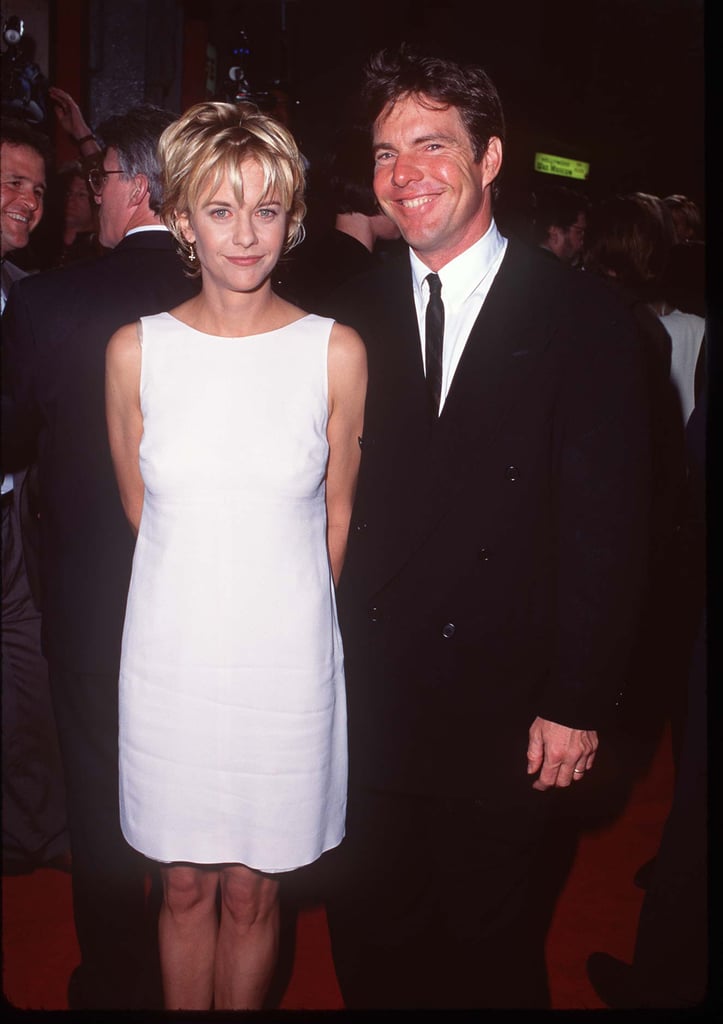Debate Over Kartel's Trinidad Concert: Age Limits And Censorship Under Scrutiny

Table of Contents
Age Restrictions: Protecting Youth or Stifling Expression?
The imposition of age restrictions on Kartel's Trinidad concert has divided public opinion. The debate centers around whether these restrictions effectively protect vulnerable youth or unduly stifle artistic expression and freedom of access for adult fans.
Arguments for Age Limits:
Protecting vulnerable young people from potentially explicit content and themes is a primary argument. Kartel's music often explores mature themes, including violence, sex, and drug use, which some believe are unsuitable for minors. Ensuring a safe and appropriate environment for all attendees is another key concern; age restrictions can contribute to a more controlled and less potentially disruptive atmosphere. Finally, aligning with existing regulations regarding age restrictions at similar events provides a framework for consistency and legal compliance.
- Examples of lyrical content that might warrant age restrictions: Specific lyrics referencing drug use, graphic violence, or sexual acts should be considered.
- References to relevant laws or guidelines: Local laws concerning age restrictions at concerts and public events should be cited.
Arguments Against Age Limits:
Conversely, many argue that age limits infringe on the artistic expression of both Kartel and his adult fanbase. Restricting access to the concert based on age is seen as discriminatory towards adult fans who wish to enjoy the performance. This restriction also limits freedom of choice and creates unnecessary barriers to access cultural events. Furthermore, proponents argue for parental responsibility, suggesting that parents should make informed decisions about what their children are exposed to.
- Arguments for parental responsibility: Emphasize the role of parents in guiding their children's exposure to potentially explicit content.
- Highlighting successful examples of age-appropriate concerts: Showcase examples where concerts have successfully implemented age-appropriate measures without compromising artistic expression.
- Counterarguments on censorship: Argue that age restrictions are a form of censorship, albeit a less direct one.
Censorship Concerns: Muzzling Artistic Freedom?
Beyond age limits, concerns have been raised regarding censorship of Kartel's performance itself. These claims allege that restrictions were placed on lyrical content, performance styles, or other aspects of the show, impinging on artistic freedom.
The Nature of the Censorship Claims:
Specific instances of alleged censorship need examination. This includes scrutinizing whether any restrictions were placed on specific lyrics, or if particular performance elements were prohibited. Understanding the power dynamics at play—who imposed these restrictions and why—is crucial. Finally, comparing these instances with past censorship in the Trinidadian music scene provides context and highlights any patterns or trends.
- Specific examples of restricted lyrics or performances: Provide concrete examples, if publicly available, of what was censored or restricted.
- Mention of relevant authorities involved: Identify the organizations or individuals responsible for implementing the restrictions.
- Details of past censorship cases: Reference any past incidents of censorship in the Trinidadian music scene to establish a historical context.
Artistic Freedom vs. Public Order:
The core of the debate lies in balancing artistic freedom with the need to maintain public order and safety. Finding a compromise is key. This might involve discussions on alternative solutions that address concerns without resorting to censorship. The role of self-regulation within the music industry, encouraging artists and organizers to take responsibility for their content, is also a vital aspect of this discussion.
- Suggestions for improved communication: Suggest ways for artists, organizers, and regulatory bodies to communicate more effectively to avoid misunderstandings and unnecessary restrictions.
- Examples of self-regulatory measures: Highlight examples of self-regulatory measures used in other countries or industries to promote responsible artistic expression.
- Discussion on responsible artistic freedom: Explore the concept of responsible artistic freedom, balancing creative expression with social responsibility.
Public Opinion and Social Media Reaction:
The Kartel's Trinidad concert debate has played out significantly on social media, revealing a wide spectrum of opinions.
Analyzing Public Sentiment:
Social media and traditional media outlets provide a platform for diverse perspectives. Analyzing the demographics involved—age, location, and other factors—provides valuable insights into the various viewpoints. Identifying the key arguments and counterarguments circulating in the public discourse allows for a more comprehensive understanding of the debate.
- Examples of social media posts or news articles: Provide links or references to relevant social media discussions and news articles.
- Statistical data on public opinion polls (if available): Include any relevant statistical data from public opinion polls, if available.
- Summary of key arguments: Summarize the main arguments for and against age restrictions and censorship.
Impact of Public Pressure on Decision-Makers:
Public pressure, expressed through petitions, protests, and social media campaigns, can significantly influence decision-makers. Assessing the effectiveness of this public advocacy in shaping policy is important. Furthermore, emphasizing the role of transparency and accountability in the decision-making process ensures fairness and builds public trust.
- Examples of petitions or protests: Provide examples of petitions or protests organized in response to the controversy.
- Detailing how public pressure led to changes (if any): Explain how, if at all, public pressure resulted in changes to the concert's regulations.
- Highlighting the need for transparency: Stress the importance of transparent and accountable decision-making processes in resolving such controversies.
Conclusion:
The debate surrounding Kartel's Trinidad concert underscores the complexities of balancing artistic freedom, public safety, and age-appropriate content. While concerns about potential harm to young people are legitimate, excessive censorship risks stifling artistic expression. Finding a middle ground that respects both freedom and responsibility is crucial. Future discussions about similar events should prioritize open dialogue, transparency, and collaboration between artists, organizers, and regulatory bodies to ensure a balanced and responsible approach to entertainment. Let's continue the conversation about the implications of this Kartel's Trinidad concert debate and strive for a more nuanced understanding of age limits and artistic censorship. The ongoing conversation surrounding Kartel's Trinidad concert, and similar events, demands careful consideration of age restrictions and censorship policies.

Featured Posts
-
 Spectacle Hellfest Une Soiree Au Noumatrouff
May 22, 2025
Spectacle Hellfest Une Soiree Au Noumatrouff
May 22, 2025 -
 Liverpool Fc News Jeremie Frimpong Transfer On The Brink Club Contact Awaits
May 22, 2025
Liverpool Fc News Jeremie Frimpong Transfer On The Brink Club Contact Awaits
May 22, 2025 -
 Costcos Saskatchewan Campaign A Political Panel Deep Dive
May 22, 2025
Costcos Saskatchewan Campaign A Political Panel Deep Dive
May 22, 2025 -
 Rosiyska Agresiya Ta Perspektiva Chlenstva Ukrayini V Nato
May 22, 2025
Rosiyska Agresiya Ta Perspektiva Chlenstva Ukrayini V Nato
May 22, 2025 -
 Rediscovering A Classic Dennis Quaid Meg Ryan And James Caan In A Neglected Western Neo Noir
May 22, 2025
Rediscovering A Classic Dennis Quaid Meg Ryan And James Caan In A Neglected Western Neo Noir
May 22, 2025
